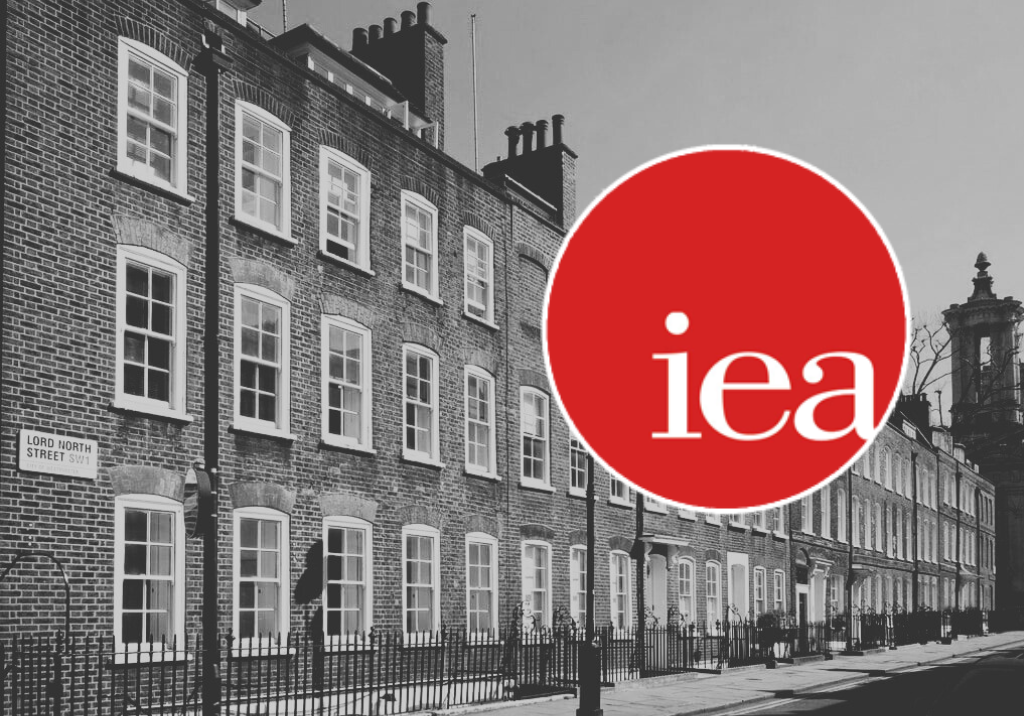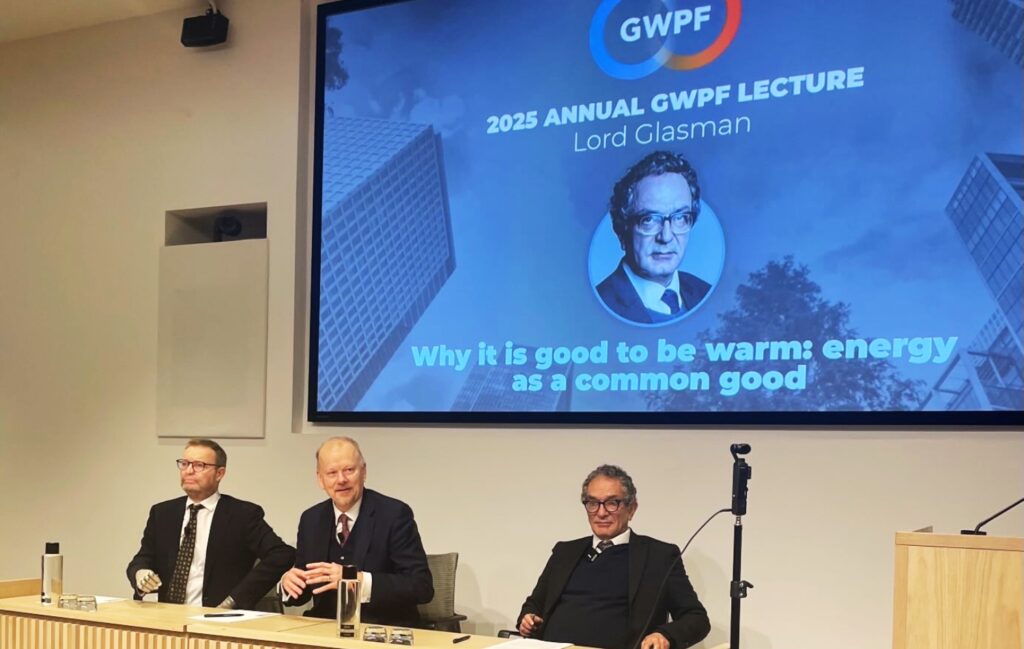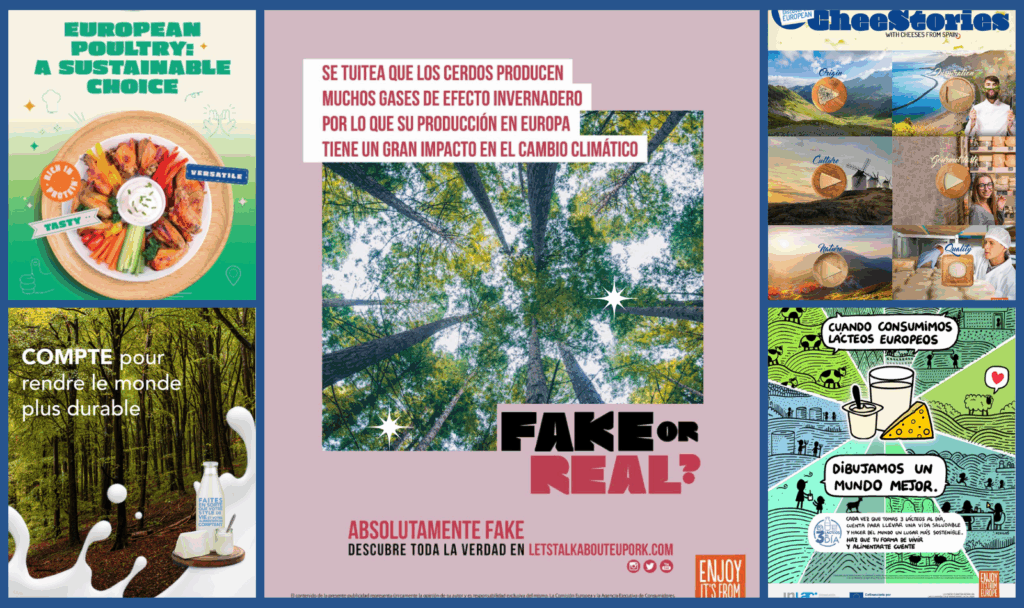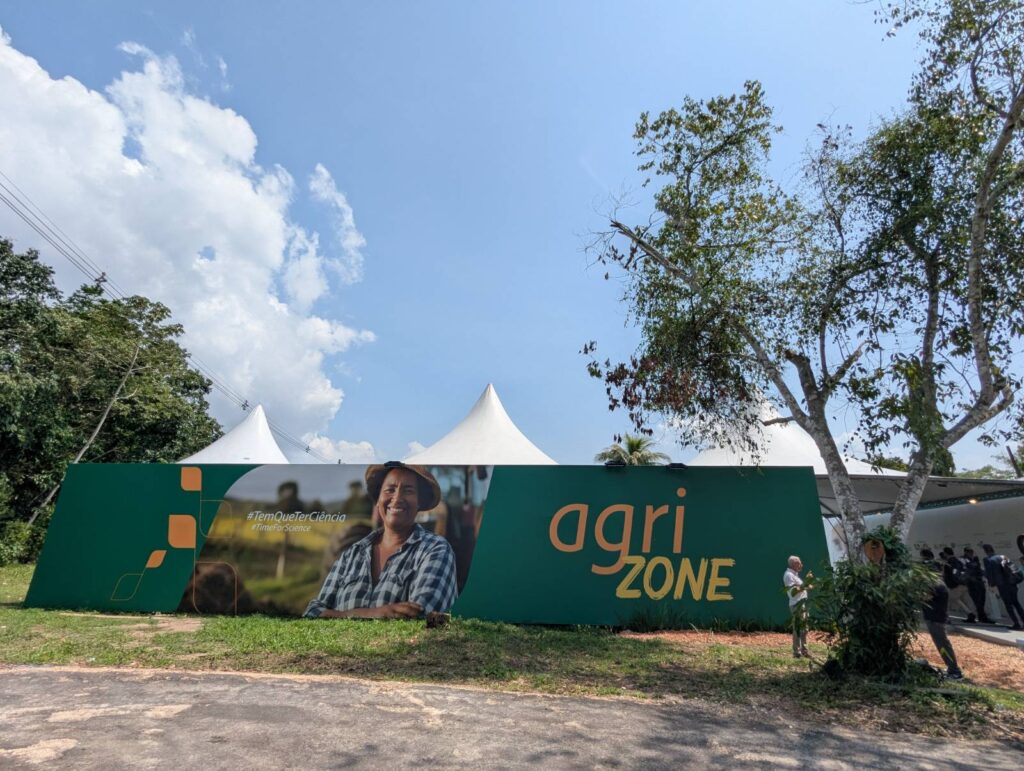The Institute of Economic Affairs (IEA) pressure group, which campaigns against clean energy policies, is being investigated by the charities regulator.
The Good Law Project (GLP), a legal advocacy group, yesterday announced that it had been successful in forcing the Charity Commission to open a “regulatory compliance case” against the IEA.
A Charity Commission spokesperson told DeSmog: “We can confirm that, following an internal review, we have opened a regulatory compliance case to assess potential regulatory concerns about the Institute for Economic Affairs.
“Our case will examine the trustees’ management of perceptions of potential political bias, perceptions of a potential lack of transparency around funding, and perceptions that the charity may have pre-determined policy positions which would not be in keeping with its charitable purposes to advance education.”
The IEA is registered as a charity, and the regulator states that “political activity must not become the reason for the charity’s existence.”
Subscribe to our newsletter
Stay up to date with DeSmog news and alerts
In 2018, Greenpeace’s investigative journalism unit Unearthed revealed that the IEA had received funding from oil major BP every year since 1967. In response to the story, an IEA spokeswoman said: “It is surely uncontroversial that the IEA’s principles coincide with the interests of our donors.”
The IEA also received a £21,000 grant from U.S. oil major ExxonMobil in 2005. The IEA is a member of Atlas Network, a Washington-based umbrella organisation supporting over 450 “free market” groups around the world. Both the IEA and Atlas were founded by Antony Fisher. Fisher’s daughter, Linda Whetstone, was chair of the Atlas Network as well as a director of the IEA until her death in December 2021.
However, the IEA does not publicly declare its donors, and it’s not known if the pressure group has received funding from BP or ExxonMobil in more recent years.
The IEA has extensive influence in politics and the media. It was pivotal to Liz Truss’s short-lived premiership as prime minister, and has boasted of its access to Conservative ministers and MPs.
The IEA is a prominent supporter of the continued and extended use of fossil fuels. The group has advocated for the ban to be lifted on fracking for shale gas, calling it the “moral and economic choice”. The IEA has also said that a ban on new North Sea oil and gas licences would be “madness”, has criticised the windfall tax imposed by the UK on fossil fuel firms, and said that the previous government’s commitment to “max out” the UK’s oil and gas reserves was a “welcome step”.
The IEA is part of the Tufton Street network – a cluster of libertarian think tanks and pressure groups that are in favour of more fossil fuel extraction and are opposed to state-led climate action. These groups are characterised by a lack of transparency over their sources of funding.
The Charity Commission initially rejected the GLP’s complaint about the IEA, which was lodged in March 2024 and backed by MPs from the Green Party, Liberal Democrats, and the Scottish National Party. The Charity Commission rejected the complaint after just 12 days.
However, after the GLP threatened formal legal action against the Charity Commission for failing to properly consider the evidence against the IEA, it has agreed to open a compliance case.
“We welcome this screeching u-turn from the Charity Commission who raced to clear the IEA last year,” said Good Law Project’s executive director Jolyon Maugham.
“It shouldn’t have taken the threat of legal action to force the regulator to do its job. The IEA’s activities are the polar opposite of public benefit and we’re now urging the Charity Commission to go further in its investigation.”
However, it’s unclear what action, if any, will be taken against the IEA if the regulator finds it in breach of charity rules. A previous case brought against the Global Warming Policy Foundation (GWPF) – the UK’s leading climate science denial group – didn’t lead to any meaningful sanctions against the Tufton Street group.
The GLP accused the GWPF of breaching charity law by spending hundreds of thousands of pounds on one-sided research attacking climate science, and by funding the lobbying activities of its campaign arm Net Zero Watch. However, the Charity Commission asked the GWPF to make only minor changes to its ownership structure and output.
An IEA spokesperson said: “We have received a letter from the Charity Commission and will be responding to them thoroughly in due course.”
Subscribe to our newsletter
Stay up to date with DeSmog news and alerts






